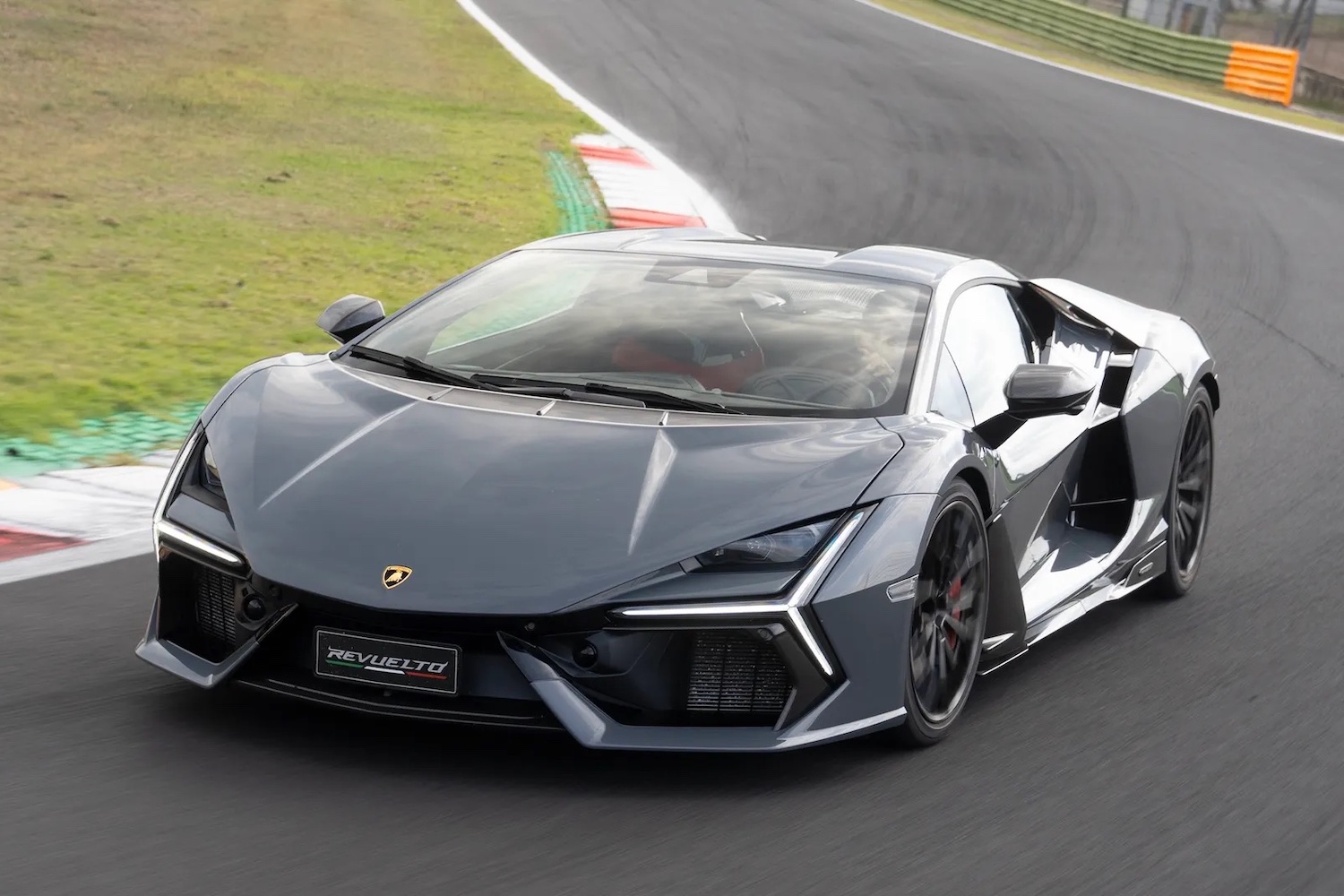How Inflation is Affecting Exotic Car Prices in 2025

Inflation has been a major economic force in recent years, impacting virtually every industry, and the exotic car market is no exception. While many assume exotic cars, as luxury assets, are immune to the ebbs and flows of the broader economy, the reality is more nuanced. In 2025, inflation continues to reshape pricing dynamics, ownership patterns, and investment opportunities within this high-end sector.
Rising Production Costs
One of the most immediate effects of inflation is the increase in production costs. Exotic car manufacturers rely on premium materials such as carbon fiber, high-grade aluminum, and advanced electronics, all of which have seen significant price increases due to inflation. Furthermore, supply chain disruptions, which began during the pandemic years, persist in 2025, compounding costs.
For example, brands like Ferrari and Lamborghini have reported higher expenses for sourcing custom components and precision engineering. These additional costs are often passed on to the consumer, leading to higher sticker prices for new models. The 2025 Lamborghini Revuelto, for instance, debuted at a price point approximately 10% higher than its predecessor, largely due to increased production and labor costs.
Impact on the Used Exotic Car Market
The used exotic car market has experienced a distinct shift in 2025. Inflation has driven more buyers to consider pre-owned models as an alternative to prohibitively priced new cars. However, the surge in demand for used exotics has resulted in a steep appreciation of their values. A prime example is the Ferrari 458 Italia, a model once considered a relatively affordable entry point into Ferrari ownership. Today, its market value has skyrocketed, with well-maintained examples fetching 20-30% more than they did just two years ago.
Buyers looking to invest in used models are also contending with tighter inventory. Many current owners, aware of inflation’s effect on replacement costs, are holding onto their vehicles longer, further restricting supply and driving prices upward.
Exotic Cars as Inflation Hedges
Interestingly, exotic cars have emerged as a favored asset class among wealthy investors seeking a hedge against inflation. Like fine art and real estate, certain exotic cars—particularly limited-edition and classic models—have demonstrated the ability to retain or even appreciate in value over time. Iconic vehicles like the Ferrari F40, Porsche 959, and Lamborghini Countach continue to command record-breaking auction results, buoyed by their rarity and cultural significance.
In 2025, even modern limited-production models, such as the McLaren Elva and Bugatti Bolide, are attracting significant interest from collectors. These vehicles, designed with exclusivity in mind, often see immediate value increases after release, making them attractive options for investors wary of volatile markets.
Affordability Challenges for New Buyers
For enthusiasts and aspiring owners, inflation has created significant affordability barriers. Rising interest rates, implemented to combat inflation, have led to increased financing costs, further inflating the overall cost of exotic car ownership. Monthly payments on financed vehicles, especially for mid-tier exotic cars like the Audi R8 or Mercedes-AMG GT, are notably higher in 2025 than in prior years. This trend is discouraging some potential buyers and shifting the demographic of exotic car ownership toward ultra-high-net-worth individuals.
The Future Outlook
As inflationary pressures persist, the exotic car market is likely to remain dynamic. Manufacturers may focus on expanding certified pre-owned programs to capitalize on the booming used car market. Additionally, innovation in hybrid and electric technologies could help offset some of the production costs, making exotic cars more accessible in the long term.
For investors and enthusiasts, the key will be understanding which models and segments of the market are best positioned to weather inflation. Classic models with a proven track record of appreciation and modern vehicles with limited production runs will likely remain strongholds for value retention.
Inflation is reshaping the exotic car market in profound ways. While it presents challenges, such as higher entry costs and tighter supply, it also underscores the enduring allure of these vehicles as investments and status symbols. For those who navigate this evolving landscape wisely, 2025 remains a year of opportunity in the world of exotic cars.
